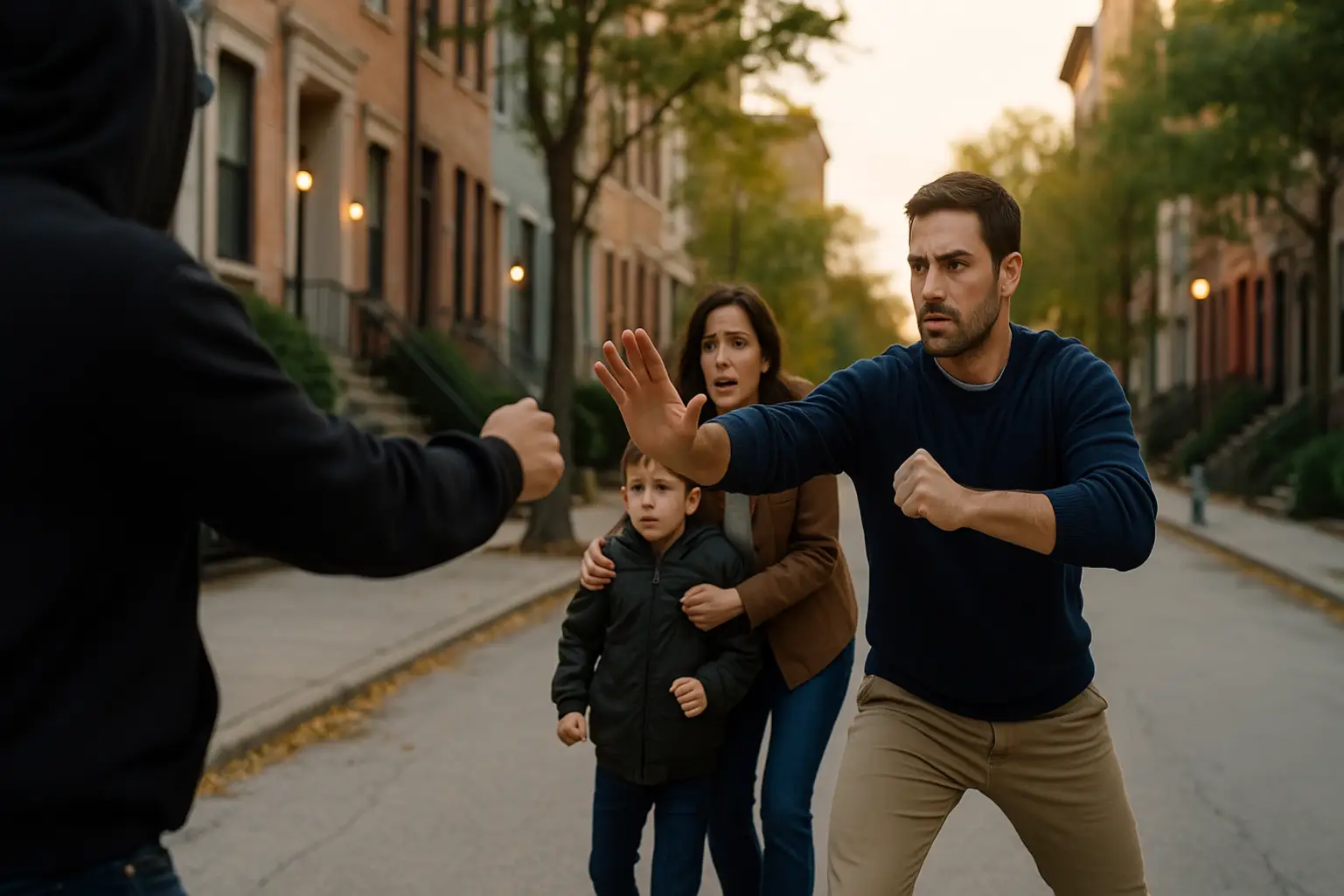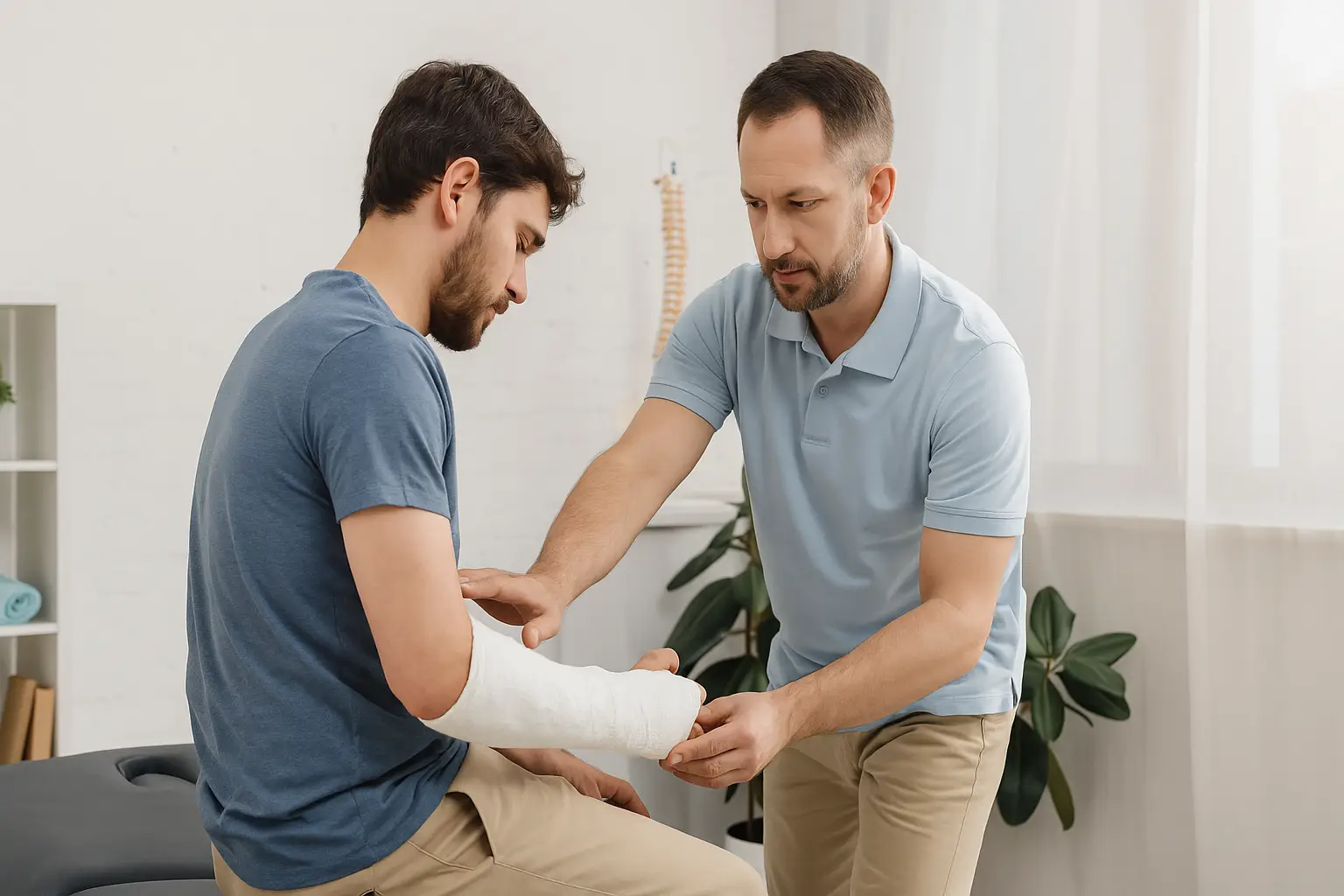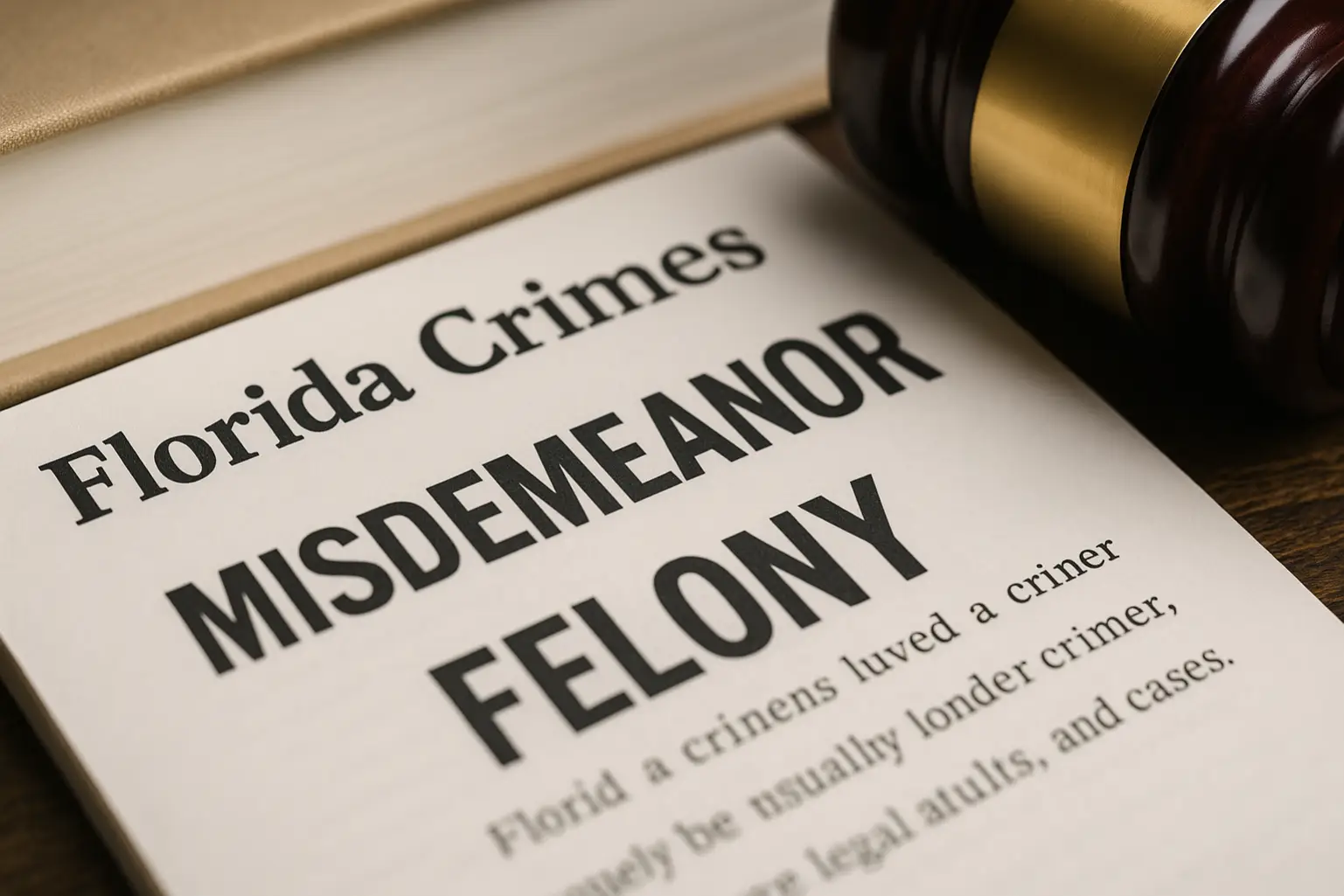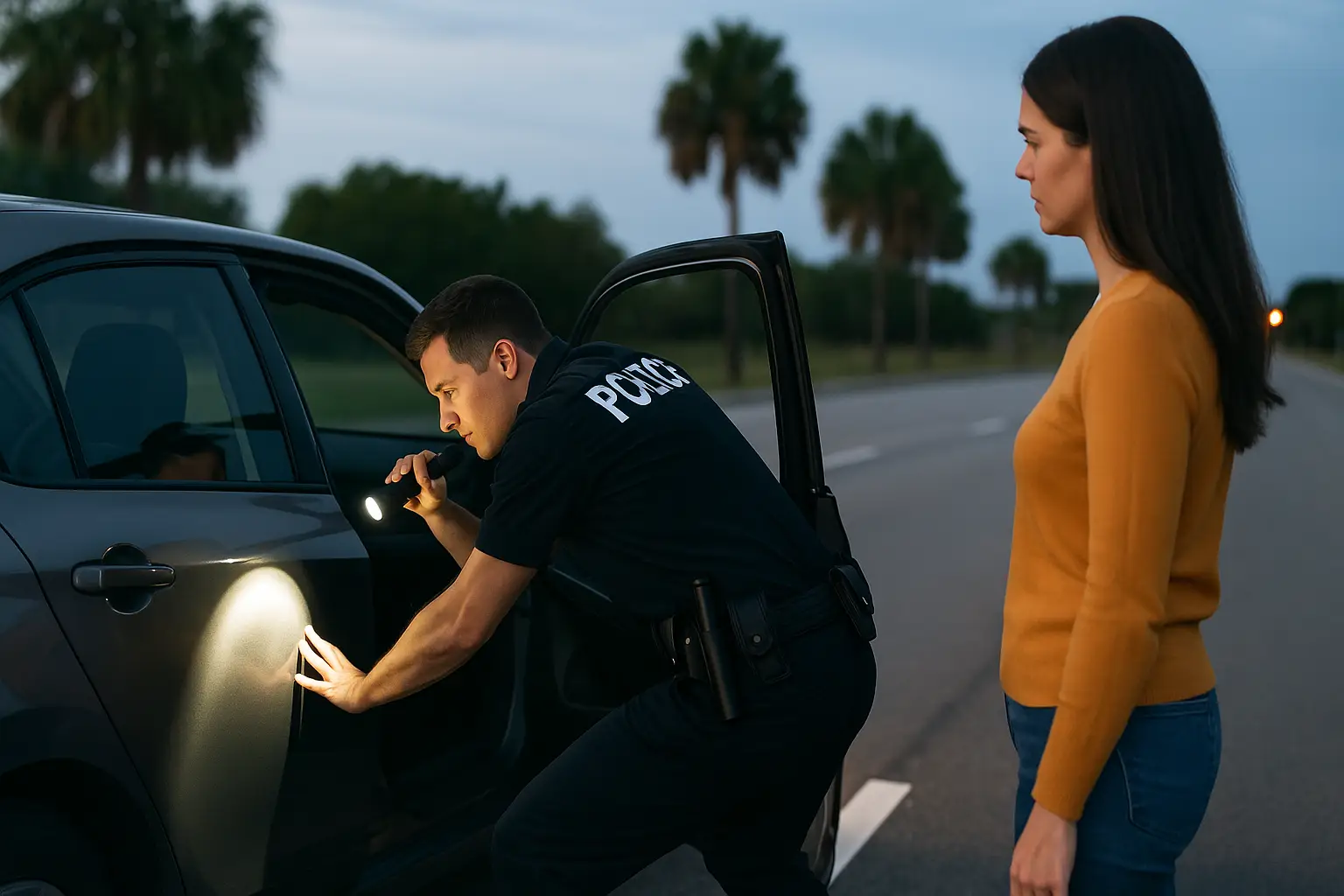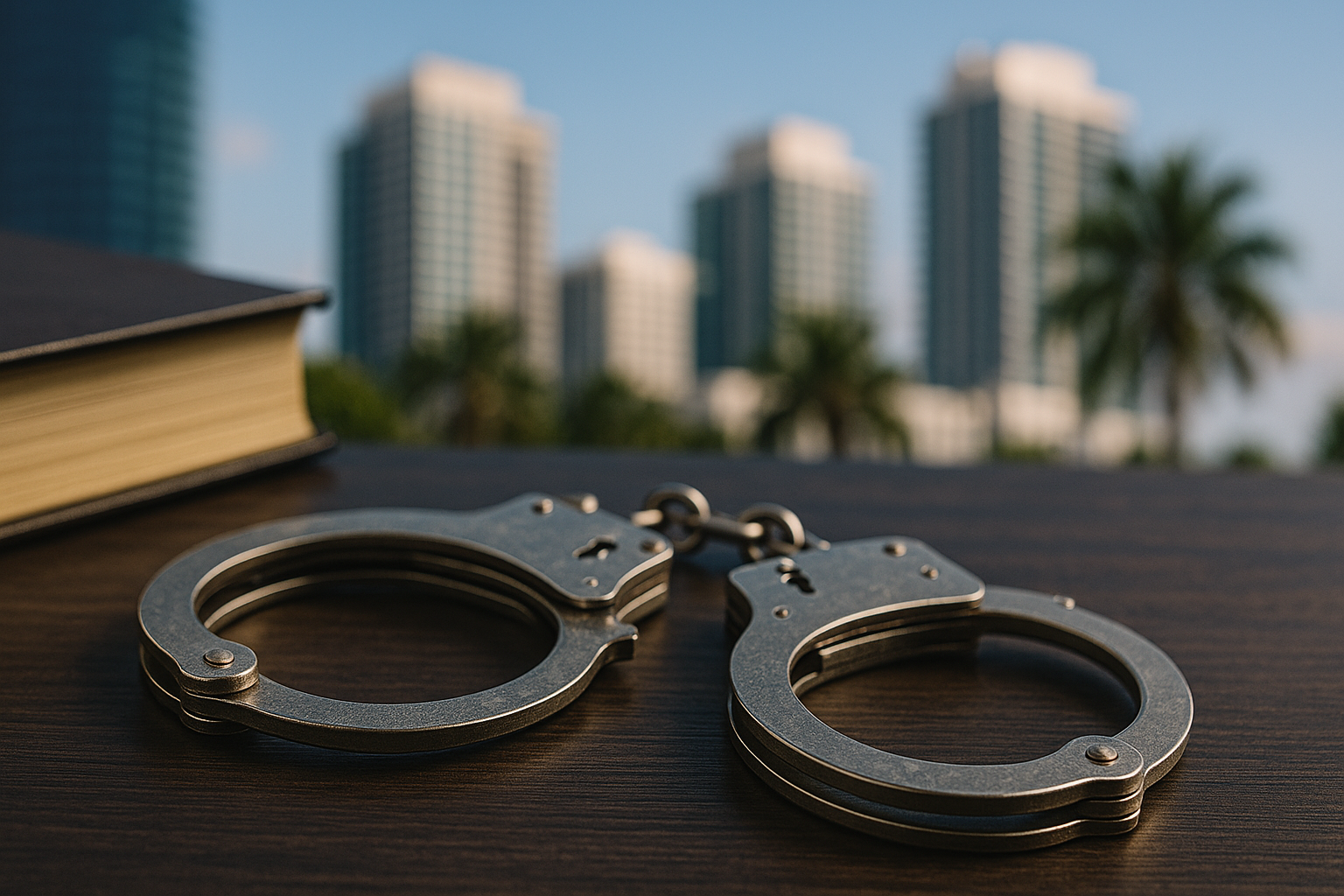Understanding Florida’s Implied Consent Law
Florida’s Implied Consent Law requires drivers lawfully arrested for DUI to submit to a breath, blood, or urine test. Refusing a breathalyzer may seem like a good idea in the moment—but it can lead to immediate consequences and complicate your case later.
Here’s what you need to know if you’re pulled over or arrested for driving under the influence in Florida.
Can I Legally Refuse a Breath Test?
Technically, yes—you can refuse. However, refusal comes with automatic penalties under Florida law.
When you get a driver’s license in Florida, you agree in advance to submit to chemical testing if lawfully arrested for DUI. This is called implied consent.
So while you have the right to refuse, the state can punish you for doing so, even if you’re never convicted of DUI.
First-Time Refusal Penalties
If it’s your first refusal, you face:
-
A 1-year driver’s license suspension
-
Use of your refusal as evidence against you in court
-
A potential fine and points on your driving record
You are not automatically guilty of DUI for refusing, but prosecutors often argue that refusal implies consciousness of guilt.
Second or Subsequent Refusals
If you’ve previously refused a breath, blood, or urine test, a second refusal is a criminal offense under Florida Statute §316.1939.
Penalties may include:
-
Misdemeanor charges
-
Up to 1 year in jail
-
Up to $1,000 in fines
-
An 18-month driver’s license suspension
Even if your DUI charge is dropped or dismissed, you can still be prosecuted for refusal alone.
Roadside Breath Test vs. Official Test
Florida law distinguishes between:
-
Preliminary (roadside) breath tests – Typically done before arrest. These are voluntary for adults over 21.
-
Evidentiary breath tests – Administered at the police station after arrest. Refusal here triggers Implied Consent penalties.
You can usually decline the roadside test without consequences. But once you’re arrested, refusing the official breathalyzer has legal consequences.
Should You Refuse the Test?
There’s no one-size-fits-all answer. Some drivers choose to refuse because:
-
They’ve had multiple drinks and fear a high BAC.
-
They’re worried about additional DUI penalties if over 0.15%.
-
They don’t trust the accuracy of the machine.
However, refusal makes it easier for the state to suspend your license and may hurt your chances in court.
In some cases, especially if you haven’t had much to drink, taking the test may be the better choice.
How Can a DUI Attorney Help After Refusal?
At The Law Office of Michael Glasser, P.A., we fight to:
-
Challenge the legality of the stop or arrest (no probable cause = no valid test requirement)
-
Suppress the refusal if police didn’t inform you of the consequences
-
Request a hardship license so you can continue driving to work or school
-
Build a strong DUI defense, even without a BAC result
We examine every angle—from dashcam footage to officer reports—to challenge the case against you.
Hardship License After Refusal
If it’s your first refusal and you act quickly, you may qualify for a hardship license to drive for work, school, or essential purposes.
You must:
-
Enroll in DUI School
-
Apply for a formal review hearing within 10 days of arrest
-
Meet eligibility criteria for restricted driving privileges
We guide clients through the entire DMV process to minimize disruption to their lives.
Get a Fort Lauderdale DUI Lawyer on Your Side
DUI charges—and breath test refusals—can spiral into serious legal problems if not handled correctly. Don’t go it alone.
Michael Glasser is a seasoned Fort Lauderdale DUI defense attorney with over 15 years of experience defending drivers in Broward County. Whether you took the test or refused it, we fight to protect your license, your record, and your freedom.
Arrested for DUI or Refused a Breathalyzer?
📞 Call (954) 242-1951 or contact us online for a free, confidential case review.


